|
The Galperin Lab
signaling in time and space
|
        |
|
The Galperin Lab
signaling in time and space
|
        |
|
Lab Overview:
The development and maintenance of multicellular organisms rely on essential processes such as cell division, migration, and differentiation. These fundamental activities are orchestrated by cellular signaling networks that communicate and coordinate cell behavior. Disruptions in these signaling pathways can lead to severe outcomes, including tumor formation and developmental disorders. Our lab investigates the molecular machinery that ensures accurate signal transmission in both space and time, focusing on the canonical extracellular signal-regulated kinases 1 and 2 (ERK1/2) signaling pathway. This pathway plays a central role in embryonic development and cancer progression. While kinases and phosphatases in the pathway have been extensively studied and targeted therapeutically, the mechanisms that control signal specificity and direct diverse biological outcomes remain poorly understood. A major class of regulators within this pathway are scaffold proteins, which organize signaling complexes and localize them to specific cellular compartments. Our goal is to uncover how scaffold proteins shape ERK1/2 signaling dynamics and contribute to disease. Research Areas:
Approach and Impact: We integrate quantitative single-cell microscopy, genetic manipulation, and biochemical analysis in both mammalian cells and zebrafish to achieve a detailed, spatiotemporal understanding of signaling regulation. Ultimately, our research aims to reveal fundamental principles of signal transduction and contribute to the development of novel, low-toxicity therapies for developmental disorders and cancer. |